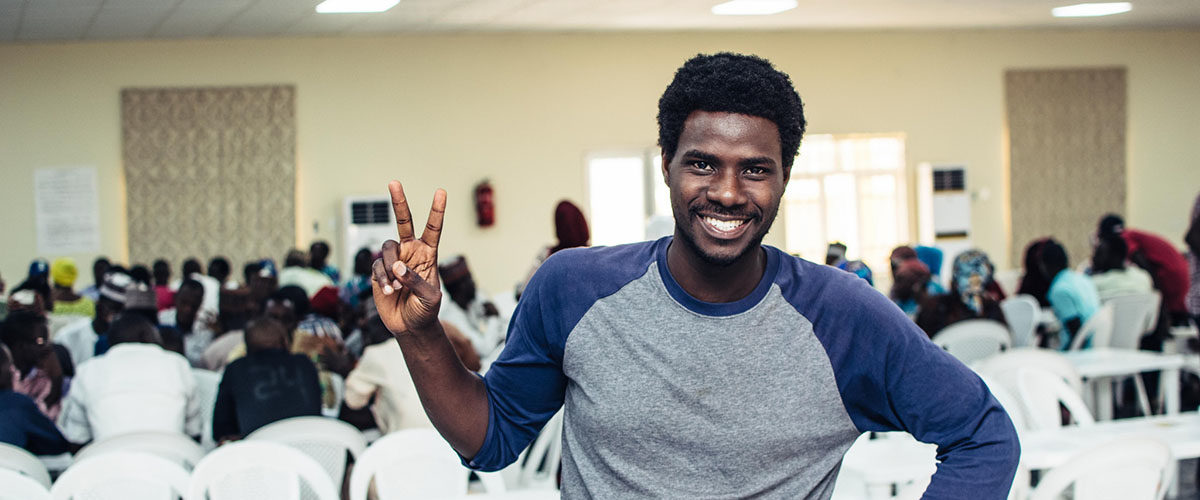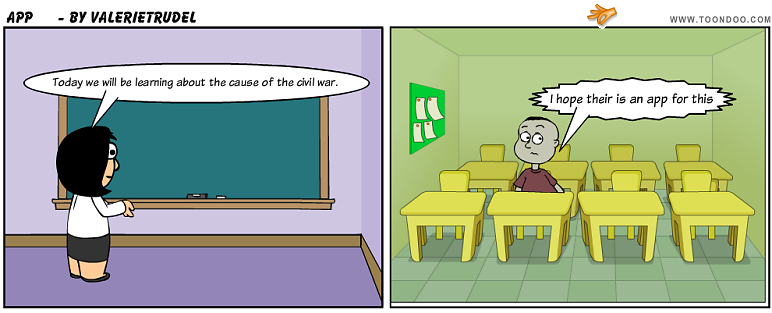In my handbook – Accountability Technologies, I got insights from diverse civil society enthusiasts and organisations in West Africa about what to consider when thinking of creating the next app to ensure public service providers are accountable.
Context matters – high-tech approaches do not work in low-tech environments. This means we have to redefine what civic technology means. These can include radio, murals, town hall meetings, etc… Ecosystems matter too – deploying technology for civil movements is not just about individual efforts but building platforms for government to better engage citizens in improving the effectiveness of government and the participation of citizens.
iCampus, Liberia
Technology can only strengthen an already sound strategy for promoting accountability. Develop a plan and then consider if digital technology would be beneficial.
The Engine Room, Sierra Leone and Nigeria
I would advise to partner tightly with media organizations (radio!) in the country to gather reports and to build campaigns about accountability issues. Also, open as many channels of reporting as possible to reach a wider audience (WhatsApp, Facebook, SMS, email). Coordinate your work with other NGOs/CSOs not to overwhelm citizens with multiple campaigns.
United Nations University Institute for Computing and Society, Ghana, Liberia and Nigeria
Don’t use a tech tool just because others are doing so. Understand your terrain and what works for you. Then make the best use of what works. In our work, we have found that Radio, Twitter and print media has served us well and we’ve leveraged these platforms to gain visibility and influence with our audiences.
Policy Alert: The Grassroots People Empowerment Foundation, Nigeria
Identify the technologies that are most used in the country. For example in Côte d’Ivoire, Facebook is a leader in mobilizing social media. Twitter comes next with regard to mobilization.
Social Justice, Cote d’Ivoire
The NGO or civic movement has to develop or use technologies that are not confusing to use. This will ensure that all layers of target groups are able to participate in the initiative or activity. It is also important to know which alternative digital technologies or methods of communication are being developed alongside the proposed digital technologies. This is to enable those without access to the proposed technologies to also participate within the initiative and by so doing, increase the overall impact of the initiative.
Centre for Environment, Human Rights and Development, Nigeria
Consider blending offline and online technologies, since technology only serves as an enabler to the social interaction. There is also need to put in a place an action plan to execute engagements rather than ad-hoc communication (information sharing and interactions)
Odekro, Ghana
NGOs/CSOs need to utilize radio more frequently in mobilizing citizens especially those in the rural areas. They should be relentless in engaging both government and citizens on various social media platforms, especially Twitter and Facebook as these tools are gaining more traction in several African countries including Nigeria. Email can also be used for targeted campaigns.
Paradigm Leadership Support Initiative (PLSI), Nigeria
Civic campaigns depend on the communities you are going to be working with. Research the communities and see what works.
Organization for Women and Children, Liberia
The use of radio, especially those in local languages, are crucial to reach rural communities. This is more efficient than elitist-styled social media campaigns.
Connected Development, Nigeria
Organizations that use digital technologies for their campaigns should use social media, particularly Facebook, which is very well known by West African populations. Many young people are registered, and the platform makes it possible to reach a broader audience.
Forum de la société civile de l’Afrique de l’Ouest de Côte d’Ivoire (FOSCAO-CI), Cote d’Ivoire
Consider your audience – their literacy level and demography.
BudgIT Nigeria
Consider user needs when designing technology.
Premium Times Centre for Investigative Journalism (PTCIJ), Nigeria
The solution should have an audio or video component that would help illiterate people to connect quickly. It is also important to use a combination of solutions (including the most traditional ones) and not limiting to one only. Technology adoption will be gradual.
Afrik Poll, Mali

